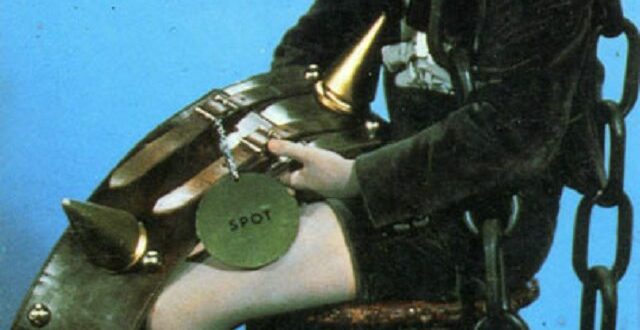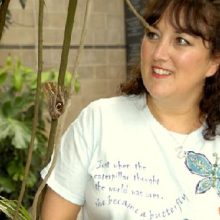INFANT SORROW
My mother groaned! my father wept.
Into the dangerous world I leapt:
Helpless, naked, piping loud:
Like a fiend hid in a cloud.
Struggling in my fathers hands;
Striving against my swaddling bands;
Bound and weary I thought best
To sulk upon my mothers breast.
— William Blake, Songs of Innocence and Experience
The weeping child could not be heard;
The weeping parents wept in vain.
They stripped him to his little shirt,
And bound him in an iron chain.
— William Blake, “A Little Boy Lost,” Songs of Innocence and Experience
Many life situations are oppressive to our inner child. For example, we may be obliged to do a great deal of unfun mundane work. We may be in a social situation where we are unrecognized or around people who don’t share our wavelength. There are also situations where we need to go solo. This can be especially hard on our inner child, who is more emotional, sensitive and without all the resources of our adult personality. Children are adaptable if at least one person is empathically attuned to them. You need to be that caring person for your inner child, sympathizing with their deprivation.
WATCH THE REST OF THIS CARD ON YOUTUBE
“In every adult there lurks a child— an eternal child, something that is always becoming, is never completed, and calls for unceasing care, attention, and education. That is the part of the personality which wants to develop and become whole.”
— C.G. Jung
Your inner child is peering through all the surface distractions of your life. How does they feel about what you have wrought in your adult life?
The occurrence of this card indicates a need to locate your inner child. It’s become a New Age cliché to talk about your “inner child.” But this aspect of the psyche is as real as any bodily organ. Many years ago, I had an experience of an unhappy inner child breaking through. It was a shocking, even devastating, episode. Still, ultimately, it was healing, and my awareness of the state of my inner child has been greater since then.
Like a tree with rings that remain from its earlier seasons, the adult psyche seems to be a superimposition of new layers on top of earlier personalities that continue to exist within.
The inner child often embodies our emotional self — a less-conditioned self closer to our essence and more independent of the compromises and adaptations we have made to function as adults in the world. While your adult ego may be busy thinking and laboriously trying to navigate through all the practical problems of the adult world, your inner child lives closer to feelings and is more concerned with love, nurture, and imaginative play. It may want to rebel from the stern disciplines, suppression of feeling, and dutiful busyness of many adult lives.
Of course, we should not let our inner child, or any other subpersonality, rule us. But it is good to remain empathically in touch, especially during difficult times when your inner child is likely to be lonely and unhappy. Sympathetic consolation may do much to gain its cooperation.
Peel back the layers and discover what this core aspect of yourself has to say and how it views your present existence.
Life can easily turn you into a cynical, self-serving, turned-off adult. Keep open your connection to your magical inner child and their sense of creative play.
 ZapOracle.com home to the free 720-card Zap Oracle
ZapOracle.com home to the free 720-card Zap Oracle






